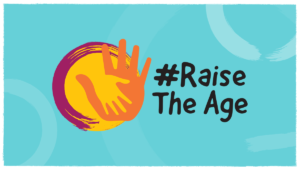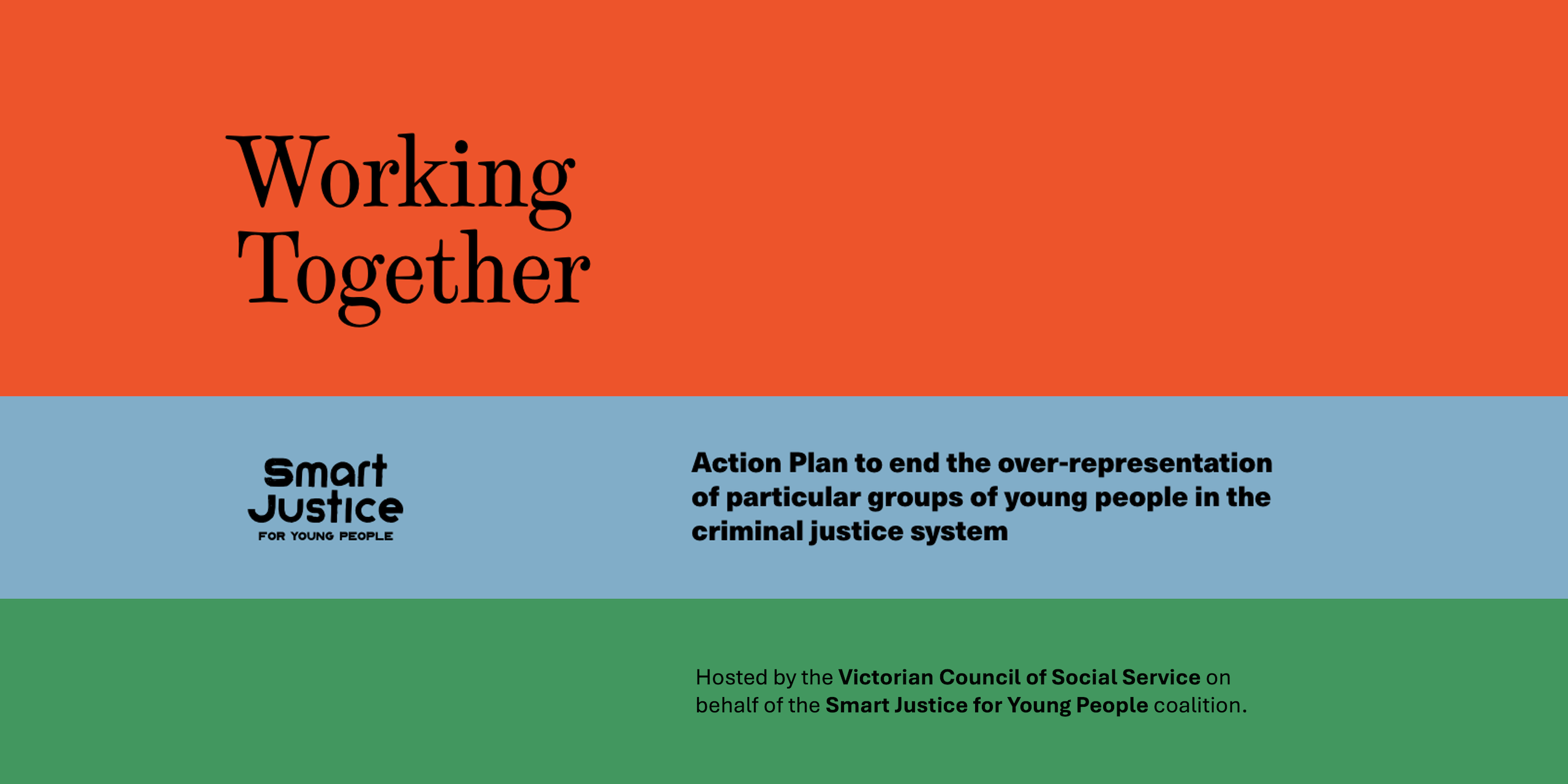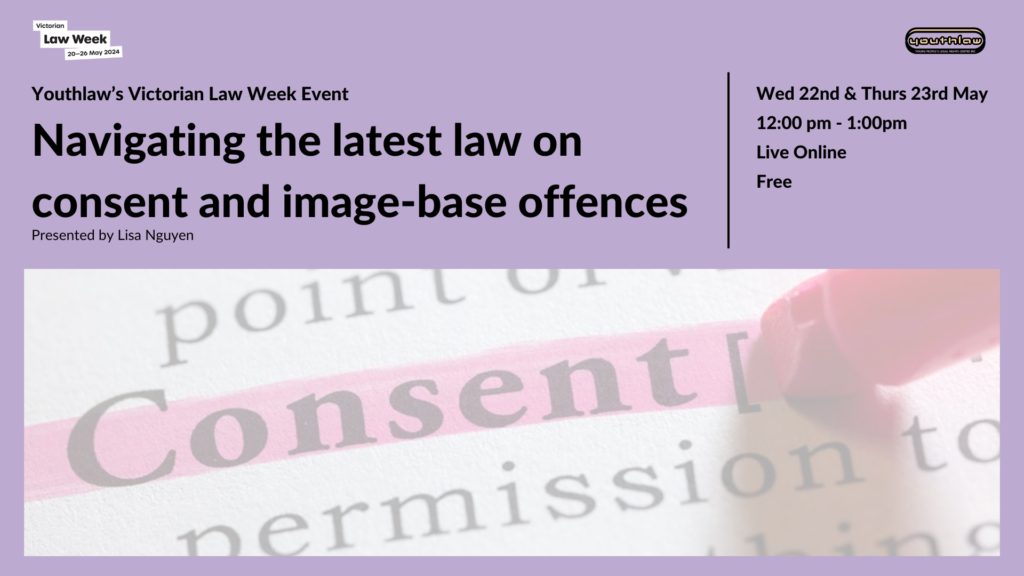The Victorian Youth Justice Bill 2024 will be presented to the upper house in Vic. Parliament during the next few weeks
We support the Youth Justice Bill. We regard it as a very important opportunity for significant change to youth justice in Victoria.
Main purposes of the Bill are to:
- Raise the minimum age of criminal responsibility from 10 to 12 years of age
- Ensure oversight and accountability of the Youth justice (YJ) system to
- Promote safety
- Prevent and reduce children’s and young people (YP) offending
- Support the rehabilitation and positive development of children and YP involved in the YJ system
- Provide victims with appropriate opportunities to participate in the YJ process
- Protect the rights of children and YP involved in the YJ system
- Establish a new hierarchy of options police must consider, pre-charge and at all stages post charge including using
- Youth warnings and youth cautions
- Early diversion group conferences
- Court ordered diversion from criminal proceedings
The Bill sets out very clear steps and considerations for the police and magistrates that educate and guide them in their decision-making. They must now consider a young person’s trauma background and being from an overrepresented cohort in the criminal justice system (e.g. Aboriginal and Torres Strat Islander, out of home care background, multicultural youth and young people with mental &/or physical disability).
The Bill includes principles and considerations specific to Aboriginal young people across the youth justice system through specific guiding principles, sentencing principles, custodial principles and rights. The Bill includes a statement of recognition in respect of Aboriginal children and young people, acknowledging; Aboriginal children and young people are over-represented in the youth justice system, particularly in custody, and that ; Inequality, and structural and institutional racism, caused by colonisation and laws, policies and systems which explicitly excluded and harmed Aboriginal people and culture, have led to this over-representation and the continuation of systemic injustice.
The Bill raises the Age of Criminal responsibility to 12. This is informed by the evidence that the current age is damaging to these young people, and a non-criminal response is required to address the needs that underly offending.
Specifics of the Bill in relation to the new pre-charge & post charge laws are:
- The Bill sets out a new hierarchy of options police importantly, now must consider, before ultimately charging a child (these are taking no action, issuing a warning, issuing a caution, referring the child to an early diversion group conference to commence a proceeding).
- At each step, police need to determine it is ‘clearly not appropriate’ before considering the next option in the hierarchy. This places positive obligations on police to consider each option and refer to certain criteria. (e.g., police must consider the nature/seriousness of offending etc.).
- Police also must record reasons if a warning caution or early diversion group conference isn’t appropriate.
- The fact that a young person has had one before doesn’t preclude them having another.
- Nothing prevents a warning or caution being made after charges are laid, which means the court may be requested to withdraw charges in circumstances where the failure to caution or warn was clear.
- The pre-charge options will not be noted on a child’s criminal record.
- For ATSI children, an elder can give a caution, if consented to, at a culturally appropriate location. The latter will avoid the current practice of cautions being issued at police stations.
- The pre-charge diversion group conferencing option excludes some types of offences but is well thought out. Young people must have legal representation too, which is good. If a child is charged, and the court considers the pre-charge group conferencing is appropriate they can make a referral for the child to do this. They must consider police submissions, but the magistrate ultimately decides.
- Post charge diversion is provided for and consolidates current practice. It retains Victoria’s successful court-ordered diversion program, the Children’s Court Youth Diversion (CCYD) scheme, with updates to its eligibility criteria to reduce barriers to participation.
- Children will be able to access treatment and rehabilitation programs while on bail or remand. This is currently not available and is a missed opportunity to respond to these young people’s needs.
- There will be greater guidance and emphasis on deferred sentencing. Currently this is under utilised as a sentencing option. It provides an opportunity to link the young person to services and supports they need. The Bill clarifies the circumstances under which a sentence can be deferred and requires the court to explain to a young person how their behavior during the deferral period could impact their sentence.
Youthlaw calls for the following amendments to the Bill
Without the following we still support the Youth Justice Bill being passed.
- We oppose the prosecutor having to agree to diversion. This is the current law and practice, and we observe regularly a lot of inconsistency and subjective prejudice in the making of such decisions. We strongly support an amendment to the Bill that requires the prosecutor’s view be sought but the magistrate ultimately decides.
- We believe that the Age of Criminal Responsibility should be raised to 14. The government’s position is to develop an alternative service model before raising the age to 14 by 2027. We will continue to work with the government on this alternate non-criminal response.
- We believe the minimal age of detention should be 16. The Bill proposes 14. It is our position that detention is not a place for young people under 16, is damaging and negatively disrupts their development including schooling. Our position is also informed by the evidence that children in detention are overwhelmingly from overrepresented cohorts including ATSI children, children who have been in child protection or have traumatic backgrounds and children with disabilities.
- We do not support the introduction of electronic monitoring bracelets.
- We support removing the reverse presumption for bail (and funding of suitable bail support programs) for children. Last year the Government signaled its intention to include this in the Bill



